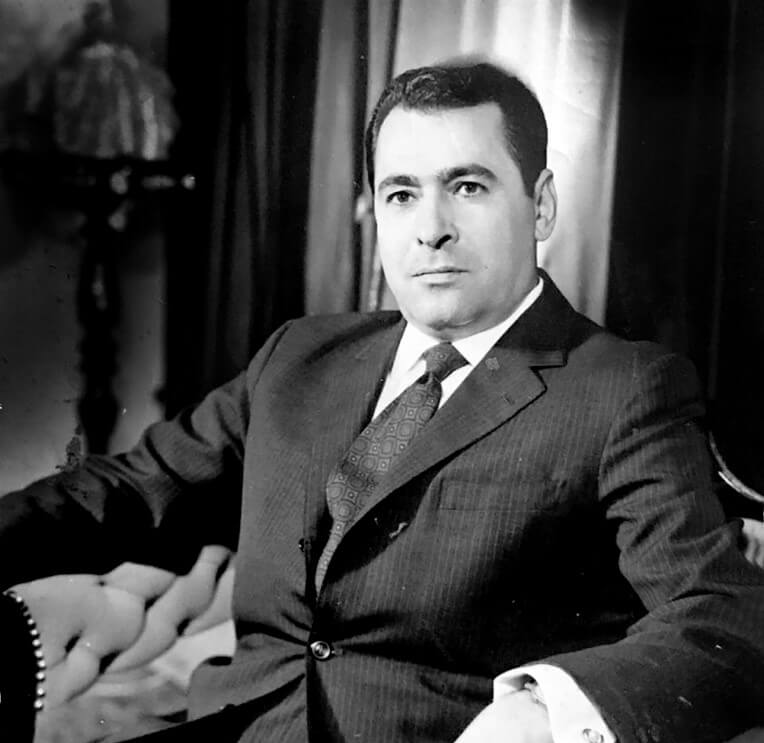The Soothing Power of Music: Understanding its Role in Relaxation

In our fast-paced world, finding effective ways to relax is more crucial than ever. Among the many relaxation techniques available, listening to music stands out as not only accessible but also profoundly impactful. Numerous studies have confirmed that music can play a significant role in reducing stress and improving overall emotional and physical health. This article explores the importance of listening to music as a relaxation tool, examining its psychological benefits and practical applications in everyday life.
Psychological Benefits of Listening to Music

- Stress Reduction: Music has a direct effect on the autonomic nervous system, which helps the body relax and prepare for sleep. Slow, soothing music can decrease cortisol levels, the hormone associated with stress. Listening to music triggers the release of neurotransmitters like dopamine, a ‘feel-good’ hormone that helps reduce feelings of anxiety and depression.
- Enhanced Mood: Music can elevate one’s mood, providing an emotional boost through its rhythmic and melodic properties. It acts as a supportive tool for emotional expression and processing, helping individuals cope with feelings of loneliness or sadness.
- Improved Sleep: Many people find that listening to calm, soft music before bedtime promotes quicker and more restful sleep. Studies suggest that music with a slow tempo, ideally around 60 beats per minute, can help initiate the sleep process by calming the mind and relaxing the muscles.
Physiological Impact of Music

- Lowering Blood Pressure and Heart Rate: Listening to relaxing music has been shown to effectively reduce heart rate and blood pressure in various clinical settings, making it a useful tool for managing hypertension.
- Pain Management: Music therapy is widely used in hospitals to enhance post-operative recovery, reduce pain, and decrease the overall use of painkillers. By shifting focus away from painful stimuli and promoting relaxation, music can provide significant relief.
- Boosting Immunity: There is emerging evidence that the emotional and physical effects of music can also enhance the immune response, which helps protect against a range of illnesses.
Practical Applications
- Daily Stress Management: Incorporating music into daily routines can help manage stress. Whether it’s during a commute, on a lunch break, or part of a morning ritual, listening to music can provide a much-needed relief from daily pressures.
- Therapeutic Use: In therapeutic settings, music therapists use guided music sessions to help patients address physical, emotional, psychological, and social needs, aiding their recovery process.
- Workplace Well-being: Employers are increasingly recognizing the benefits of music in the workplace to boost morale and productivity. Soft background music can help reduce anxiety and improve focus among employees.
Choosing the Right Music

The effectiveness of music in promoting relaxation depends largely on personal preference. What is soothing for one person might be irritating to another. It’s important to explore different genres and styles to find what truly helps you relax and feel at peace. Generally, classical music, jazz, soft rock, and certain types of world music have been found to be particularly effective for stress reduction.
Conclusion

The power of music to induce relaxation is a testament to its profound impact on the human mind and body. As a versatile, affordable, and enjoyable tool, music provides an accessible means to enhance quality of life by promoting relaxation, reducing stress, and supporting overall health. Embracing the soothing power of music can be a delightful and therapeutic part of anyone’s wellness routine, helping to bring balance in times of chaos and calm in the midst of stress.






